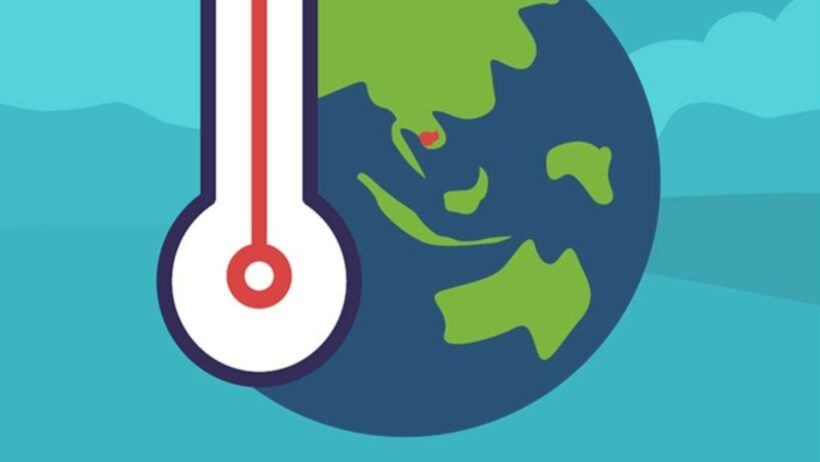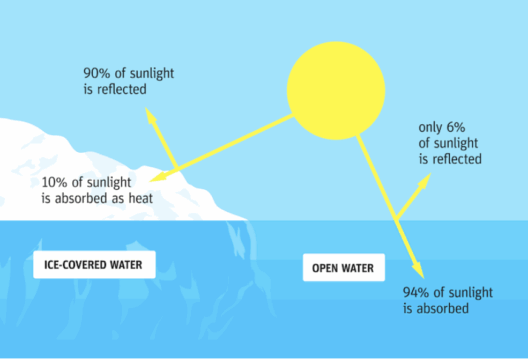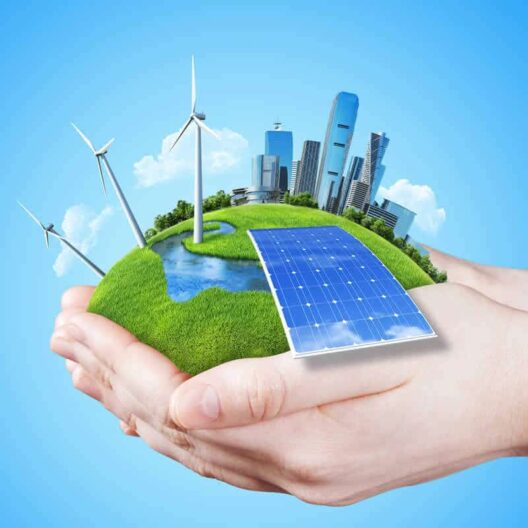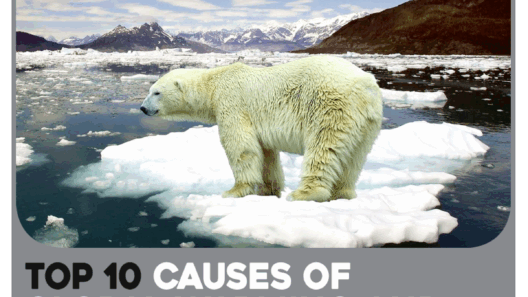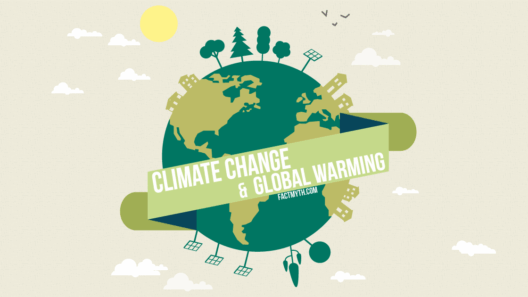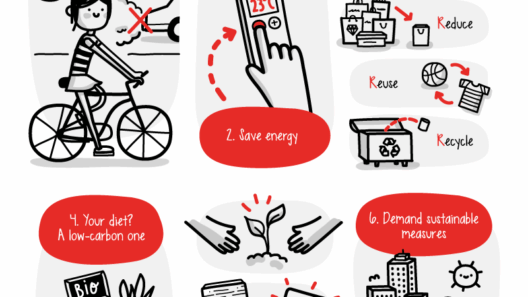Climate change is one of the most pressing issues of our time, redefining the contours of our natural environment and fundamentally altering the fabric of our social, economic, and political landscapes. Its effects are pervasive, permeating every aspect of life on Earth. From the melting of polar ice caps to the rise in sea levels, from altered weather patterns to threats to biodiversity, the realities of climate change are undeniable. This article delves into how climate change impacts the world we live in, providing a comprehensive understanding of its ramifications for humans, ecosystems, and the planet at large.
As the Earth’s climate continues to change, it is crucial to navigate the complexities of what these shifts mean for future generations.
The Science Behind Climate Change
At the heart of climate change lies the significant increase in greenhouse gas concentrations in the atmosphere. Human activities, predominantly the burning of fossil fuels, deforestation, and industrial processes, have escalated the levels of carbon dioxide, methane, and nitrous oxide. These gases trap heat, leading to an increase in global temperatures—a phenomenon known as the greenhouse effect.
Scientific consensus underscores that average global temperatures have soared by approximately 1.1 degrees Celsius since the late 19th century. The Intergovernmental Panel on Climate Change (IPCC) projects that if current trends continue, temperatures could rise by 1.5 degrees Celsius or more within the next few decades. Such incremental increases, while seemingly benign, can trigger drastic changes in the climate system.
Extreme Weather Events: The New Normal
Among the gravest manifestations of climate change are the increasingly frequent and severe weather events. Hurricanes, droughts, floods, and wildfires are not merely isolated incidents; they are becoming the new normal.
Hurricanes and tropical storms are intensifying due to warmer ocean waters, which serve as fuel for these systems. The 2020 Atlantic hurricane season, for instance, shattered records, generating a total of 30 named storms. Flooding in urban areas causes millions in damages, disrupts livelihoods, and displaces communities. Drought conditions exacerbate food scarcity, particularly in already vulnerable regions, leading to increased competition for resources.
These extreme weather events illustrate the urgency needed in tackling climate change. They also underline the interconnectedness of our global systems—disruptions in one region can have cascading effects worldwide, from food supply chains to refugee crises.
Biodiversity Loss: A Silent Crisis
The intricate tapestry of life on Earth is at risk as climate change propels species extinctions at an unprecedented rate. Ecosystems are being pushed beyond their thresholds, threatening their stability and resilience.
Coral reefs, often referred to as the “rainforests of the sea,” are particularly sensitive to temperature fluctuations. Ocean acidification and thermal stress from warmer waters lead to coral bleaching, which affects not only marine life but also communities that rely on these ecosystems for their livelihoods. According to scientists, if current trends persist, we could lose 70 to 90 percent of coral reefs by the end of the century.
The loss of biodiversity impacts ecosystem services upon which humanity depends, including pollination, water purification, and carbon sequestration. As species disappear, so too do the natural mechanisms that maintain ecological balance and resilience.
Human Health: The Overlooked Consequence
Climate change poses direct and indirect threats to human health. Rising temperatures can exacerbate pre-existing health conditions and lead to an uptick in heat-related illnesses and mortality. Vulnerable groups—such as the elderly, children, and those with chronic health issues—face heightened risks.
Moreover, shifting climate patterns facilitate the spread of vector-borne diseases. Mosquitoes, ticks, and other disease-carrying organisms expand their ranges as temperatures rise, increasing the risk of outbreaks of illnesses such as malaria and dengue fever.
The mental health toll cannot be understated either. Natural disasters displace communities, disrupt social structures, and lead to trauma. The psychological scars from climate-induced events may linger long after the immediate impact has subsided, manifesting in anxiety, depression, and post-traumatic stress disorder (PTSD).
Economic Ramifications: A Burden for Future Generations
The financial implications of climate change are vast. Damage costs from extreme weather events are projected to reach trillions of dollars, straining economies and disproportionately affecting marginalized communities. Industries such as agriculture, fisheries, and tourism—vital to many economies—are particularly susceptible to climate variability.
Insurance companies are beginning to reassess their risk models, which could lead to increased premiums or, in some cases, denials of coverage in high-risk areas. This shift raises questions about equity and access, as those least responsible for climate change often bear the brunt of its consequences.
A Call to Action: Paving the Path Forward
In light of the profound effects of climate change, it is imperative that individuals, communities, and nations mobilize for action. Sustainable practices—such as reducing carbon footprints, investing in renewable energy, and supporting conservation efforts—are essential to mitigate the impacts of climate change.
International cooperation is also crucial. Agreements like the Paris Accord aim to curb emissions and limit global warming. However, commitments must transition into tangible actions, with ongoing accountability and transparency to ensure progress is made.
Ultimately, addressing climate change requires a collective effort that spans generations. It demands an acknowledgment of the intricate relationships between humans and the biosphere, emphasizing sustainability and resilience. A united front against climate change can harness innovation, foster altruism, and pave the way for a healthier, more equitable world.


